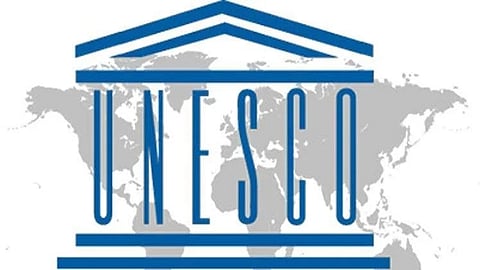

India shed light on its strategy on ethical artificial intelligence, digital education, and cultural heritage during the 43rd General Conference of the United Nations Educational, Scientific, and Cultural Organisation (UNESCO), with Ambassador Vishal V Sharma, stating that the country's focus was on "education, ethics, and equity", as part of its Viksit Bharat vision for 2047.
Sharma, India’s Permanent Delegate to UNESCO, outlined New Delhi’s engagement with the UNESCO Readiness Assessment Methodology (RAM) aimed at helping nations evaluate their preparedness for “ethical and responsible” AI aligned with UNESCO’s Recommendation on the Ethics of AI, reports Hindustan Times.
He noted that consultations through the Ministry of Electronics and Information Technology (MeitY) and the IndiaAI Mission were feeding into this process.
Referring to India’s national ambitions, Sharma pointed to the National Quantum Mission, a USD 29 billion AI sector expected to generate over one million professionals by 2026, and a USD 10 billion semiconductor mission intended to promote digital self-reliance, Hindustan Times reports.
Other cultural & educational endeavours of India
In the realm of education, Sharma said that India’s National Education Policy supports online learning via platforms such as SWAYAM, DIKSHA, Bhashini and PM eVidya, developed under G20 and UNESCO-linked frameworks.
With around 1.5 million schools, 42,000 colleges and 10 million teachers, India has claimed that it has one of the world’s largest “democratic education ecosystems”, as reported by Hindustan Times.
According to Hindustan Times, the conference, which runs from 30 October to 13 November in Uzbekistan, serves as UNESCO’s top decision-making forum, determining programmes and their budgets for 2026-27.
